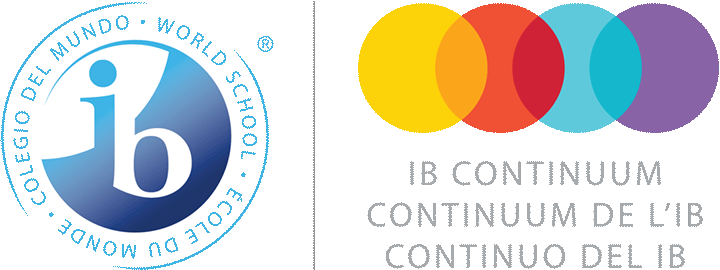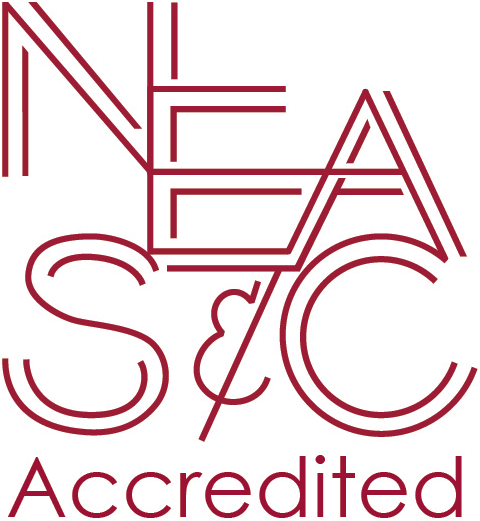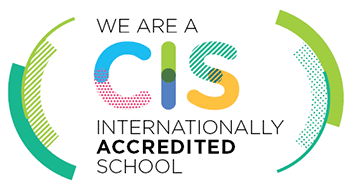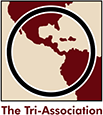Early Learning Centre
In the Early Learning Centre (ELC), children acquire a variety of important skills, knowledge and attitudes that will enhance their future participation in society.
 A POSITIVE EARLY EXPERIENCE with school is ensured by a dedicated classroom teacher and aide who work with with children at their specific stage of development. Students spend their day learning in the way that is most appropriate for children: through play. Learning is supplemented by specialist teachers in music, art, physical education and Spanish. Our approach is holistic and acknowledges that every child is unique.
A POSITIVE EARLY EXPERIENCE with school is ensured by a dedicated classroom teacher and aide who work with with children at their specific stage of development. Students spend their day learning in the way that is most appropriate for children: through play. Learning is supplemented by specialist teachers in music, art, physical education and Spanish. Our approach is holistic and acknowledges that every child is unique.
Classes
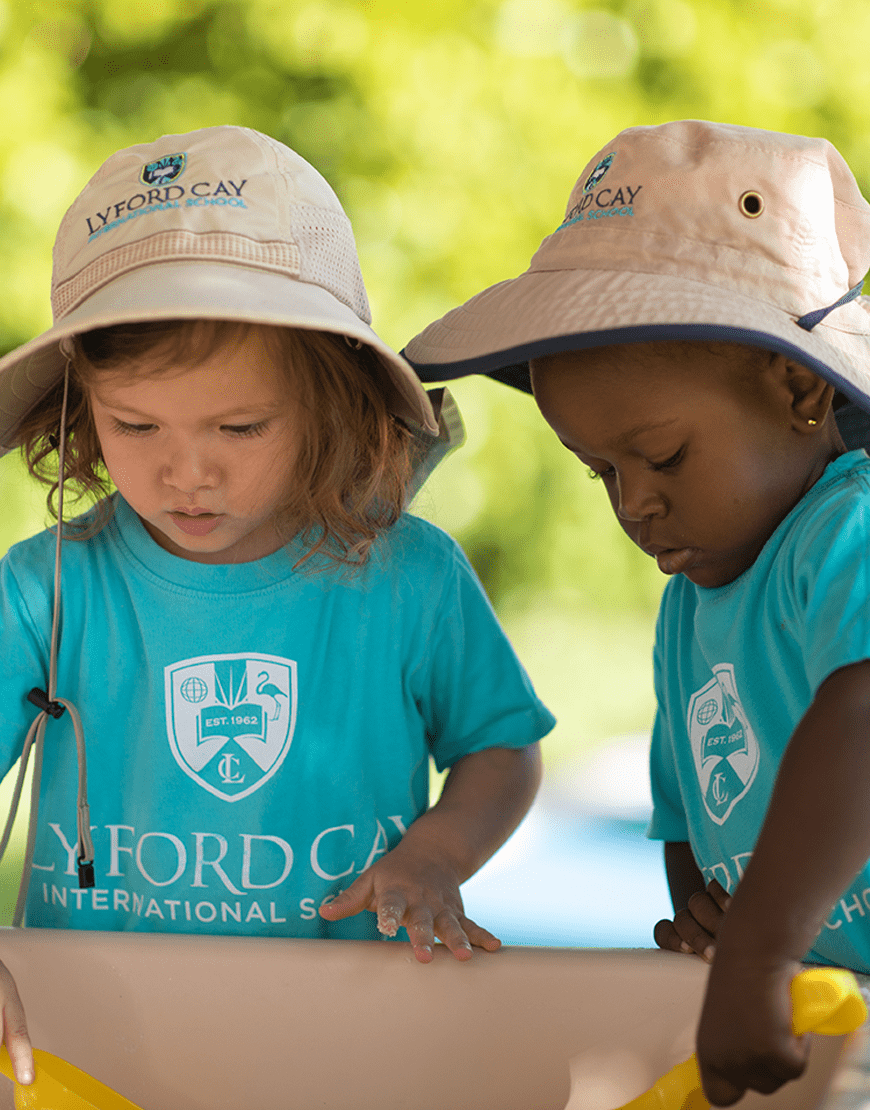
Little Dragons Preschool
Ages 18-35 months
8:30am-12:30pm or 2:45pm
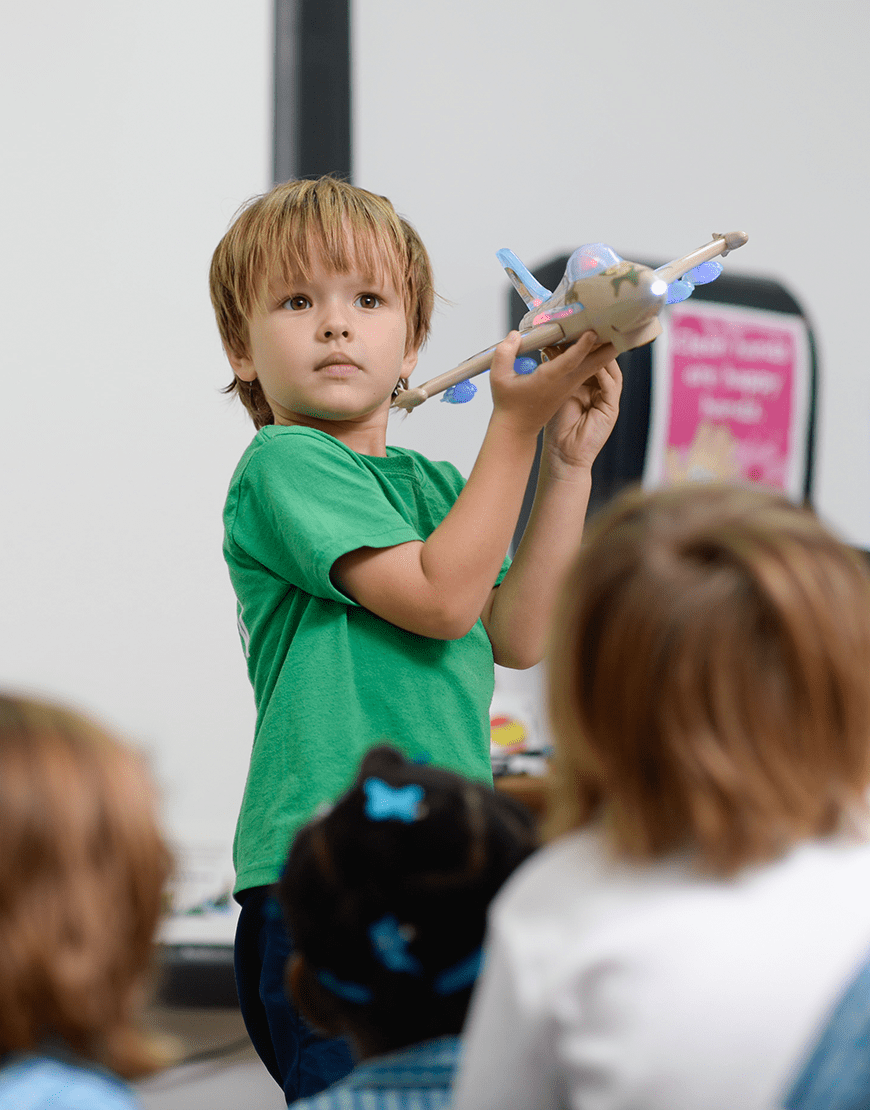
Junior Pre-K
Ages 3-4
8:30am-2:45pm
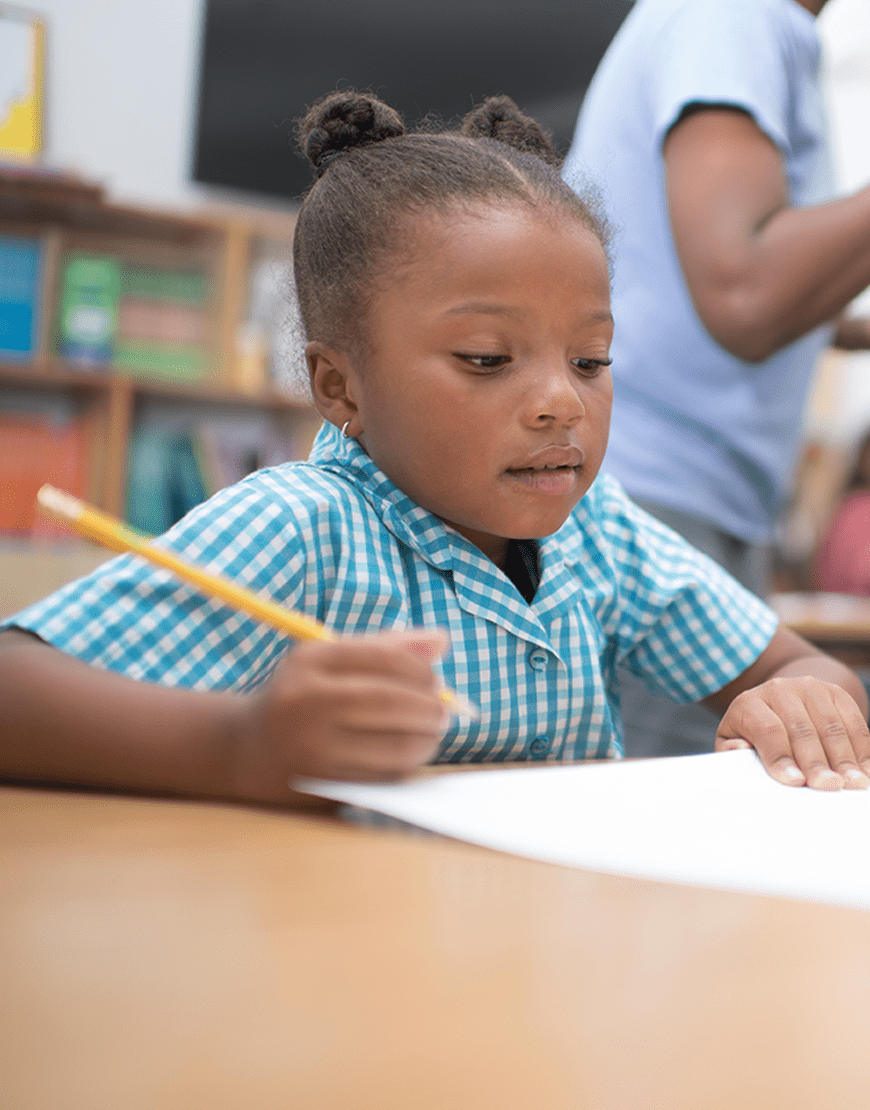
Pre-K
Ages 4-5
8:30am-2:45pm
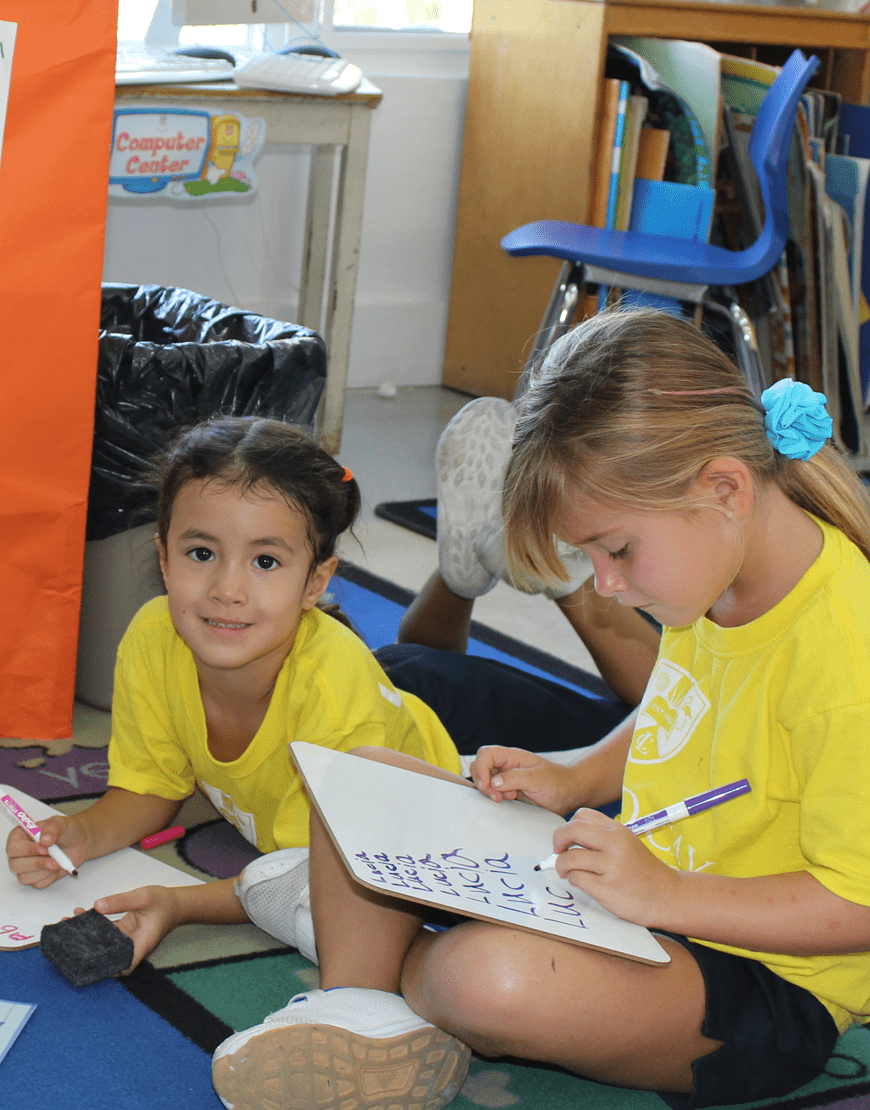
Kindergarten
Ages 5-6
8:30am-3:05pm
Our Little Dragons Preschool
At LCIS, we offer a play-based curriculum in our Little Dragons Preschool (18 months-2 years & 11 months), where students acquire important skills and knowledge that set the foundation for future learning. Young learners receive specialist instruction in swimming, music, Spanish and gymnastics.
HOW WE LEARN
The Early Learning Centre (ELC) follows the International Baccalaureate Primary Years Programme (PYP) curriculum beginning in Junior Pre-Kindergarten and focuses on big ideas that help the students understand the world around them and their place in it. Students develop a solid foundation for future literacy and numeracy.
Read More About the PYP.The IB Learner Profile
A set of attributes developed throughout all ages of the IB curriculum that help members of the school community learn to respect themselves, others and the world around them.
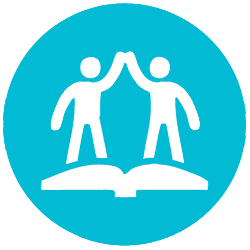
We nurture our curiosity, developing skills for inquiry and research. We know how to learn independently and with others. We learn with enthusiasm and sustain our love of learning throughout life.

We develop and use conceptual understanding, exploring knowledge across a range of disciplines. We engage with issues and ideas that have local and global significance.
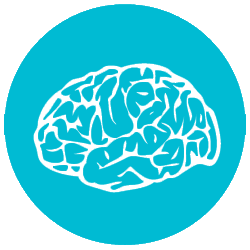
We use critical and creative thinking skills to analyse and take responsible action on complex problems. We exercise initiative in making reasoned, ethical decisions.

We express ourselves confidently and creatively in more than one language and in many ways. We collaborate effectively, listening carefully to the perspectives of other individuals and groups.

We act with integrity and honesty, with a strong sense of fairness and justice, and with respect for the dignity and rights of people everywhere. We take responsibility for our actions and their consequences.
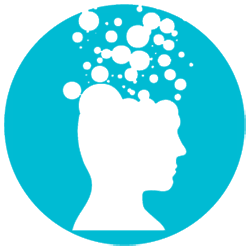
We critically appreciate our own cultures and personal histories, as well as the values and traditions of others. We seek and evaluate a range of points of view, and we are willing to grow from the experience.

We approach uncertainty with forethought and determination; we work independently and cooperatively to explore new ideas and innovative strategies. We are resourceful and resilient in the face of challenges and change.

We show empathy, compassion and respect. We have a commitment to service, and we act to make a positive difference in the lives of others and in the world around us.
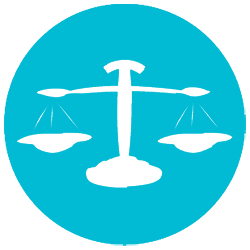
We understand the importance of balancing different aspects of our lives—intellectual, physical and emotional—to achieve well-being for ourselves and others. We recognise our interdependence with other people and with the world in which we live.

We thoughtfully consider the world and our own ideas and experience. We work to understand our strengths and weaknesses in order to support our learning and personal development.
Play-based Learning
Students explore their environment and learn about the world naturally through play. Play-based learning is a perfect match for a future IB education because it fosters curiosity, relationships, symbolic expression and independent thinking.
Read More about Play-based LearningInquiry-based Teaching & Learning
Inquiry is an authentic way for students to explore and understand the world using play, problem-based learning, collaboration, experimentation and explicit teaching. Inquiry nurtures the development of curiosity to allow children to build deeper understandings as they embark on a lifelong journey of learning.
Learn More About Inquiry in the PYPOther ELC Features
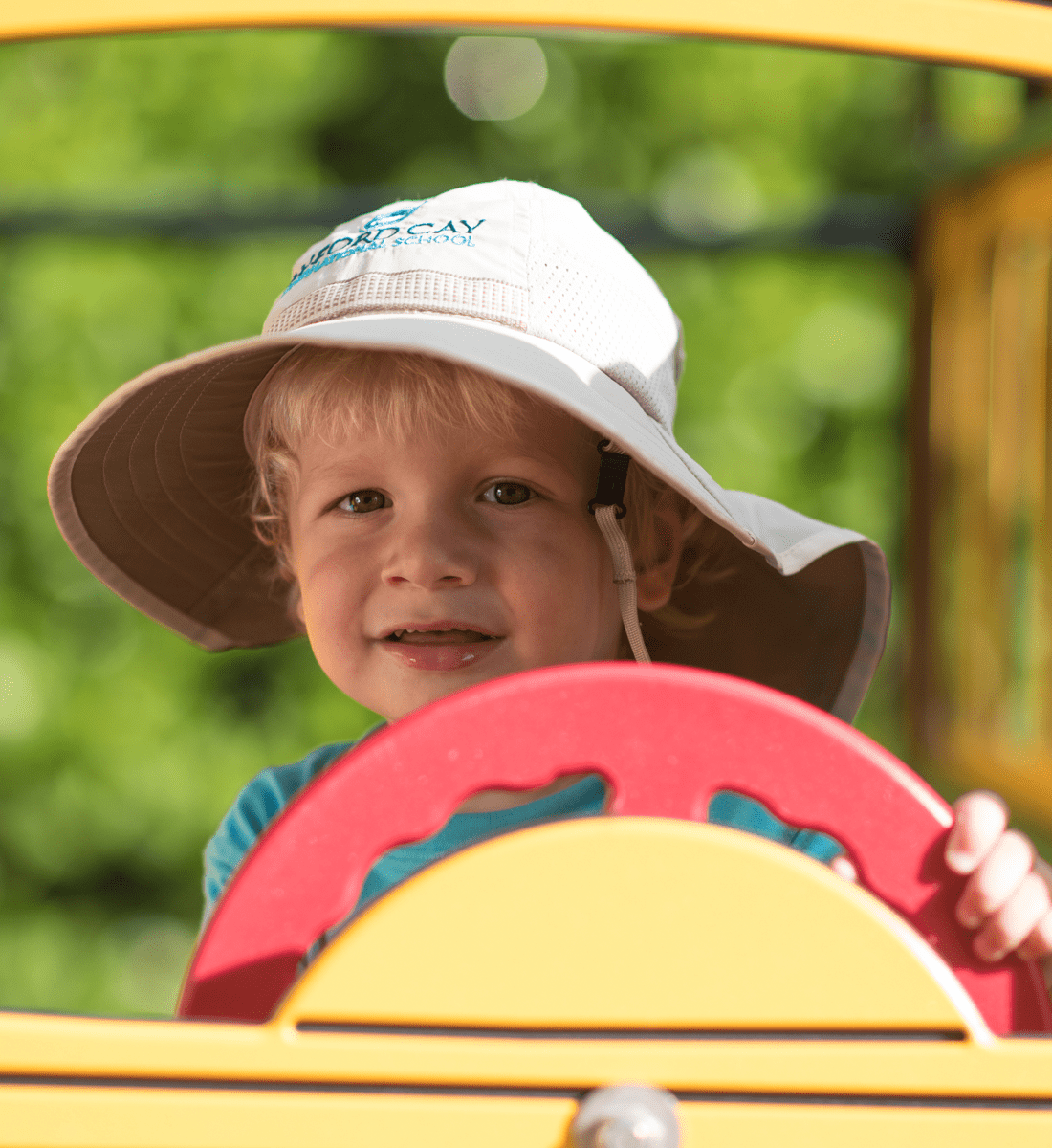
LANGUAGE
All students study Spanish, starting in Preschool, with 20 minutes of instruction four days per week. The class length increases to 30 minutes in Pre-Kindergarten and then 45 minutes in Kindergarten.
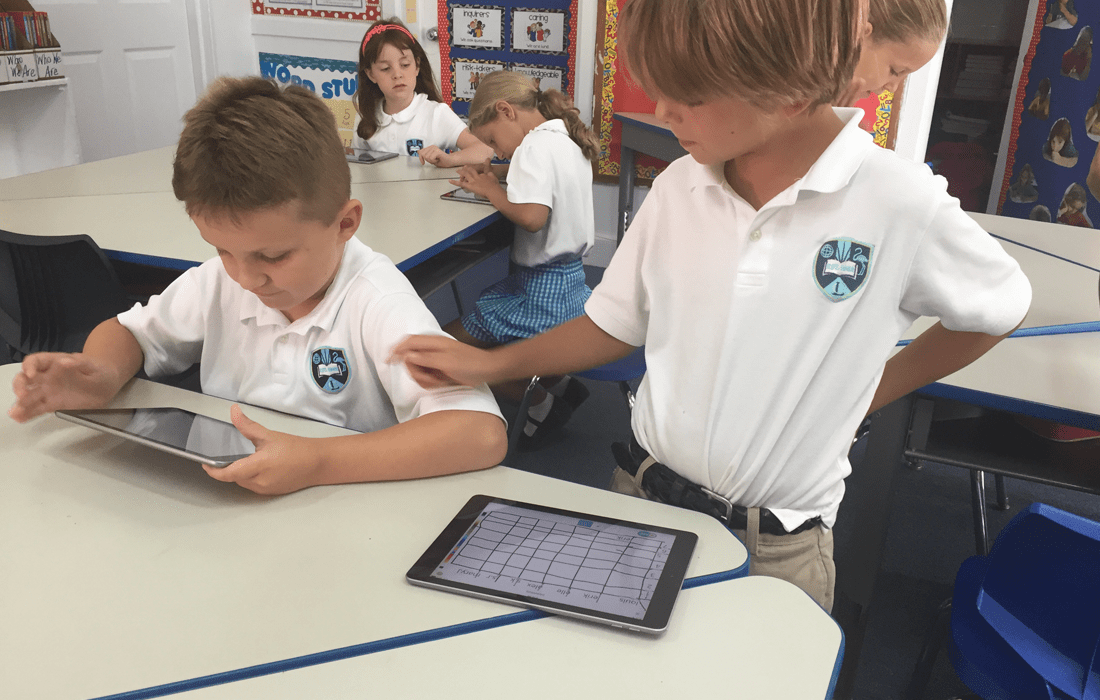
TECHNOLOGY
Students explore learning and apply skills with a variety of tools, including technology. All students in the ELC have 1:1 access to iPads in the classroom.
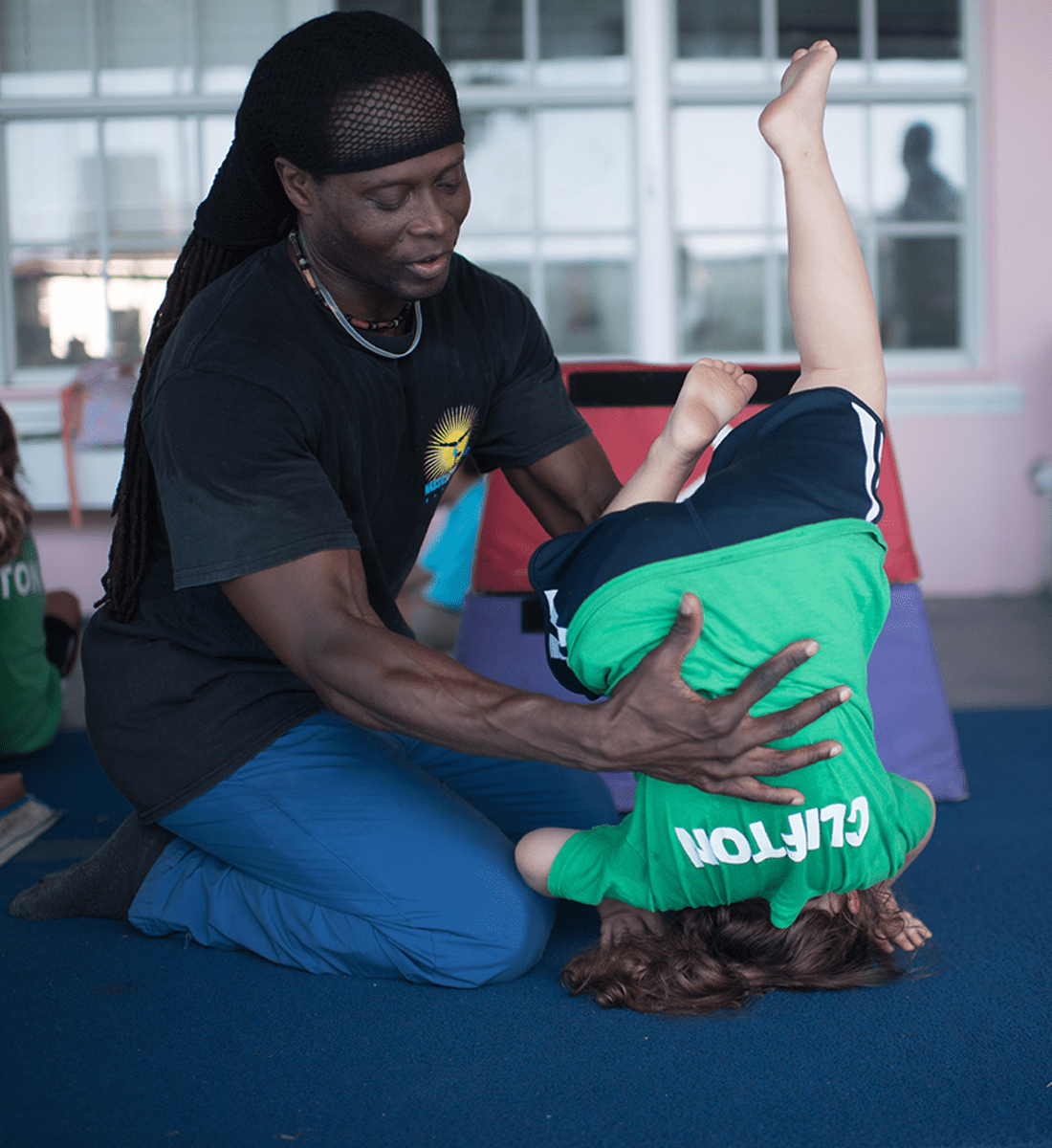
CO-CURRICULARS
Students can participate in after-school activities in athletics, technology, and the arts.
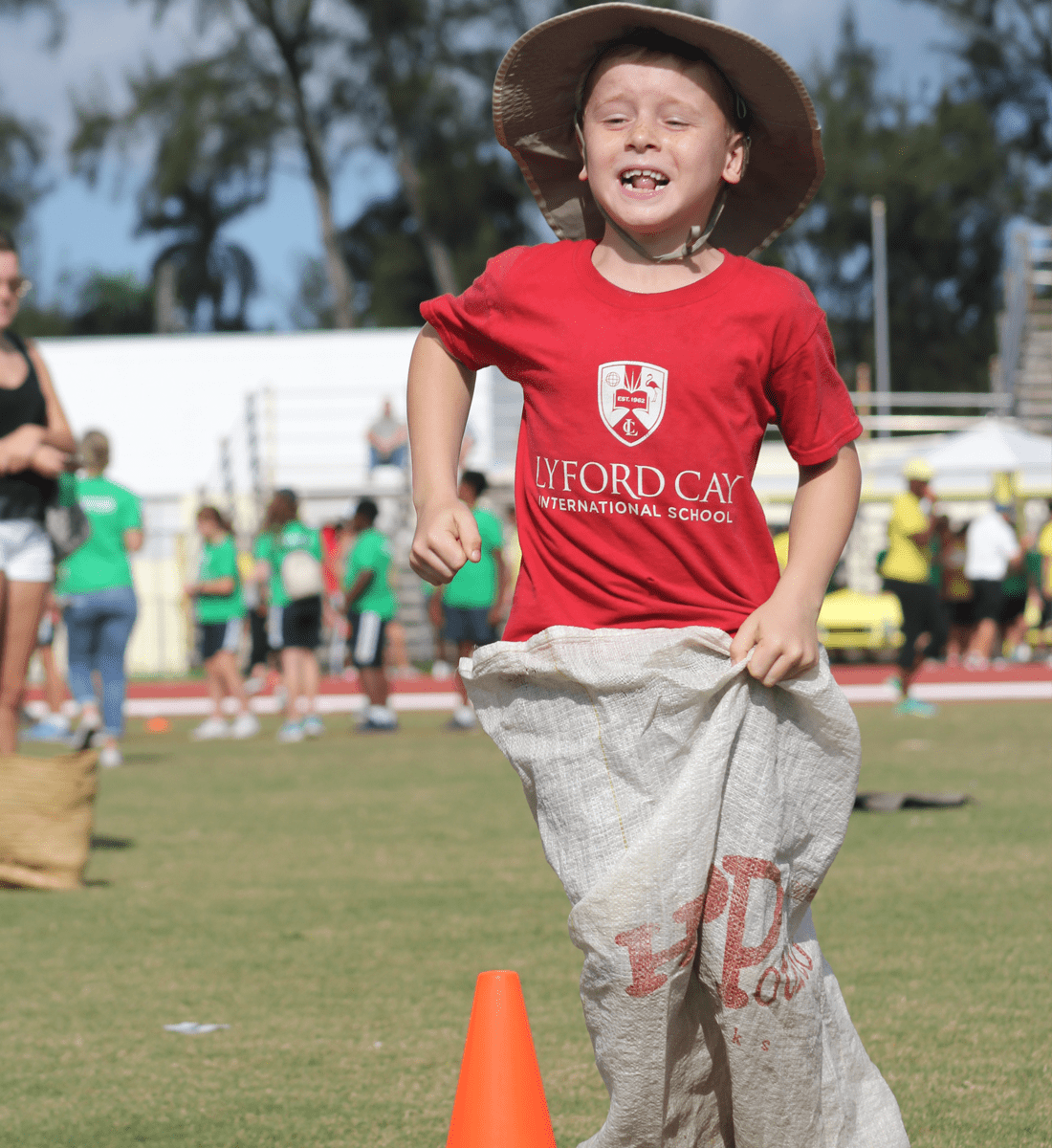
PHYSICAL EDUCATION
Through movement, students develop personally, socially and emotionally, as well as physically. The curriculum also supports the development of gross motor skills and swimming ability.
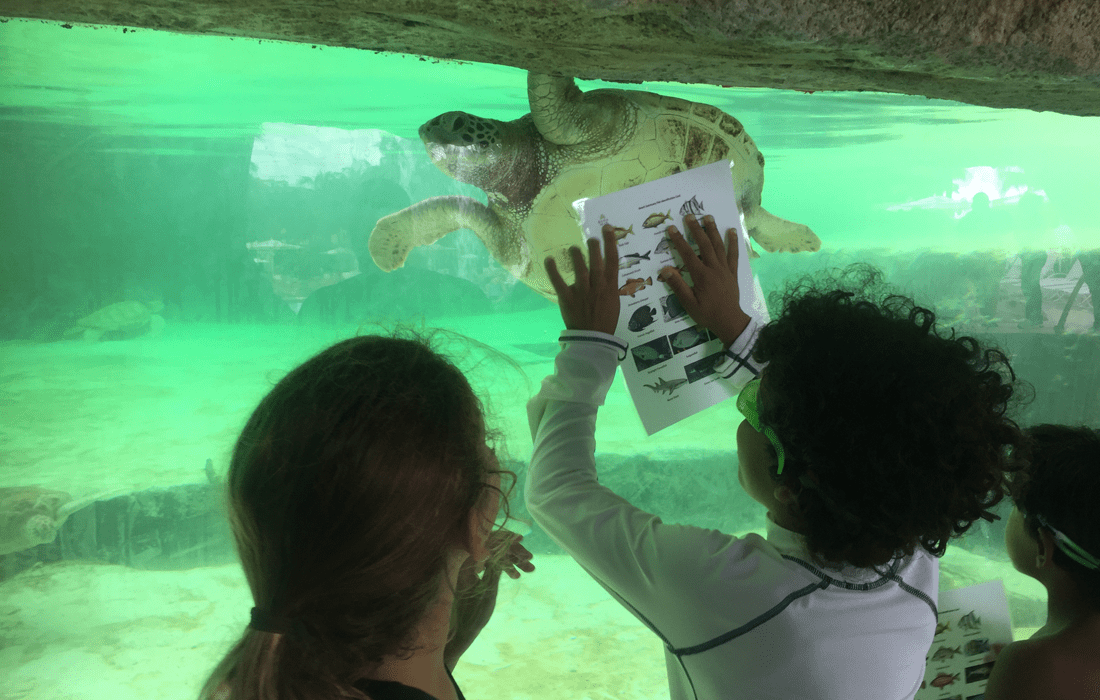
FIELD TRIPS
Field trips play a role in linking classroom-based inquiries to the larger community, the outdoors and our environment.
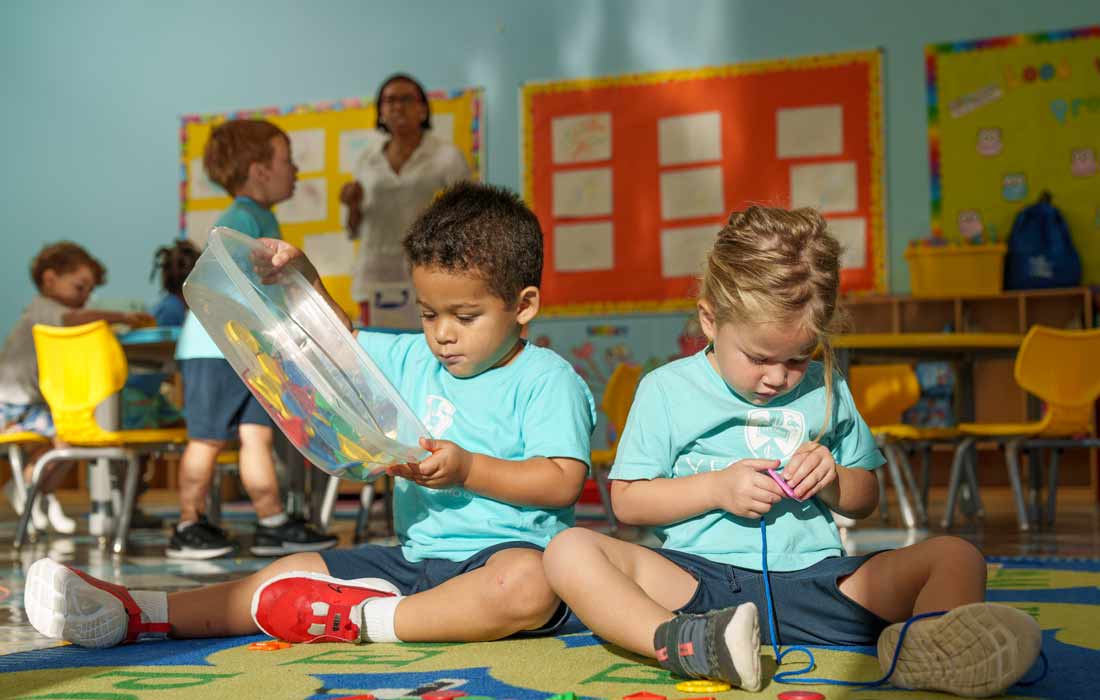
STUDENT SUPPORT
We follow an immersion model for English language learners at this age. Early intervention for literacy is provided as needed.
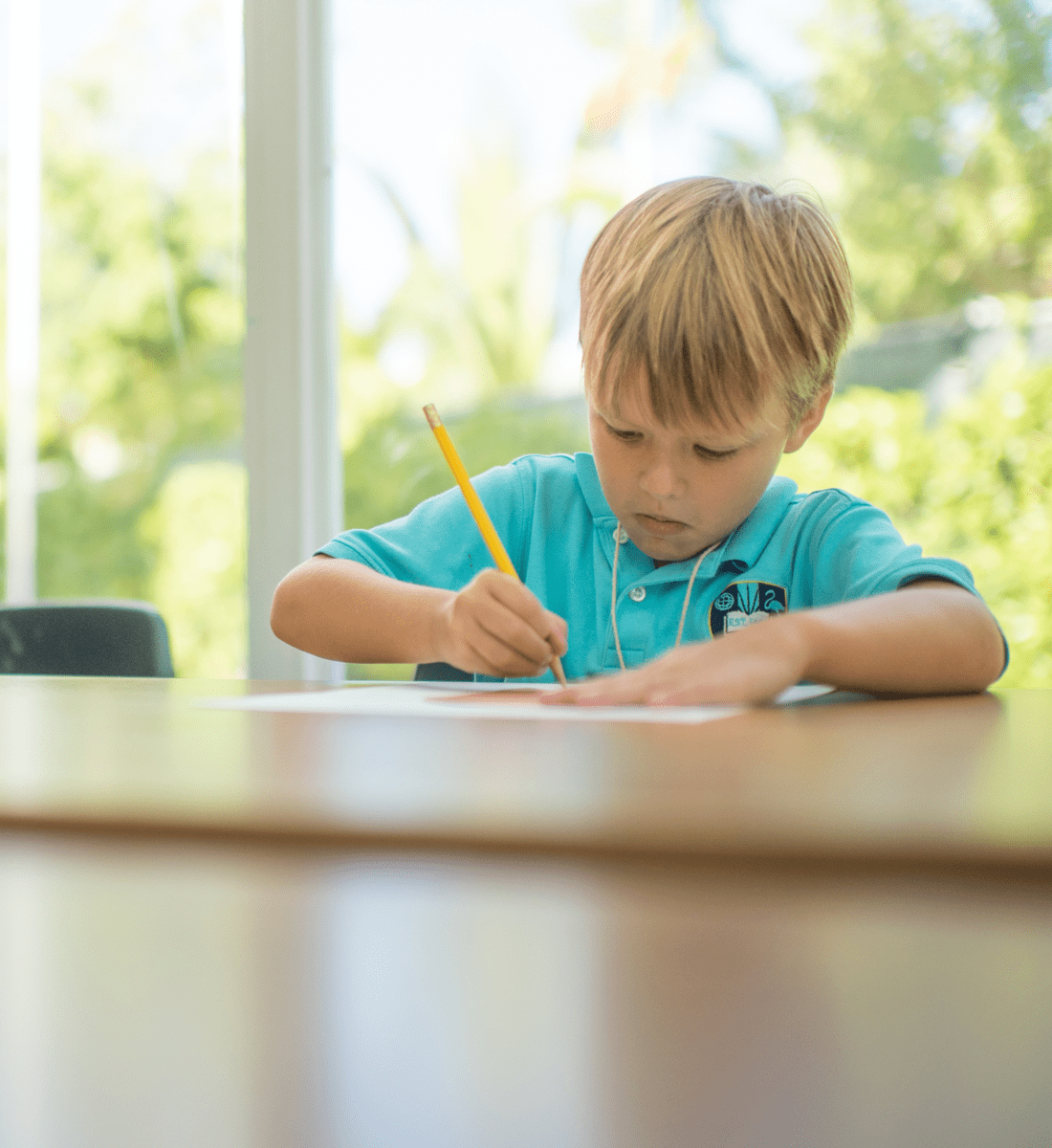
ASSESSMENT
Formal and informal assessments allow teachers to support and enhance student learning. Junior Pre-Kindergarten, Pre-Kindergarten, and Kindergarten students all take the Children’s Progress of Academic Achievement (CPAA), which teachers use to design instructional activities for one-on-one or small group instruction.
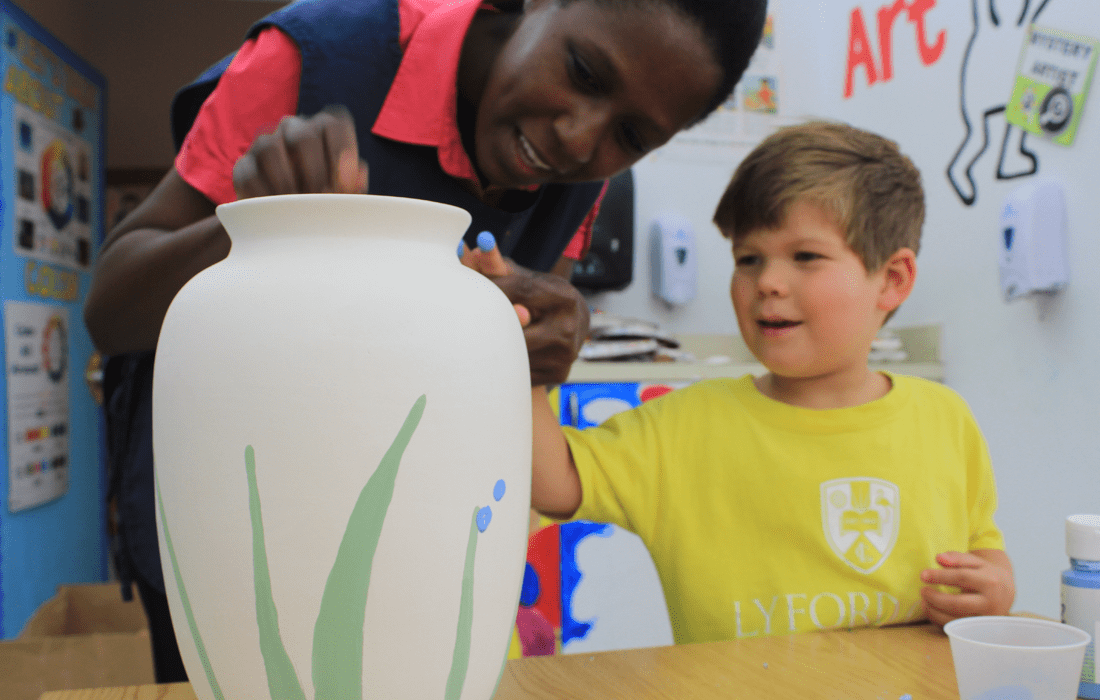
THE ARTS
Students have the opportunity to explore their creativity and communication in a variety of performing and visual arts mediums while working with visiting artists. Music is taught several times a week.
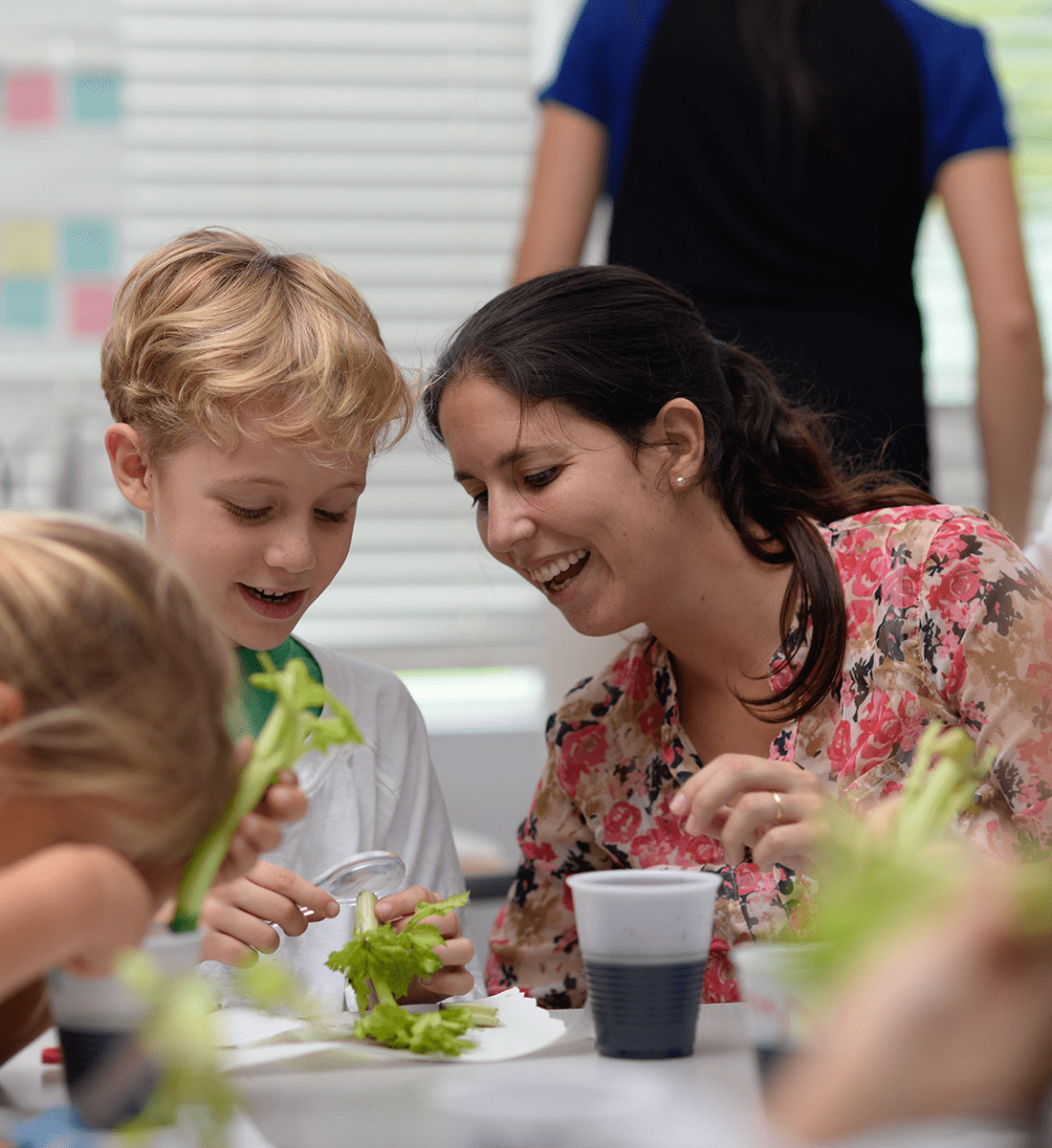
STEAM
Science, Technology, Engineering, Arts & Math skills are integrated across the curriculum and students can pursue these fields in-depth in the co-curricular programme.
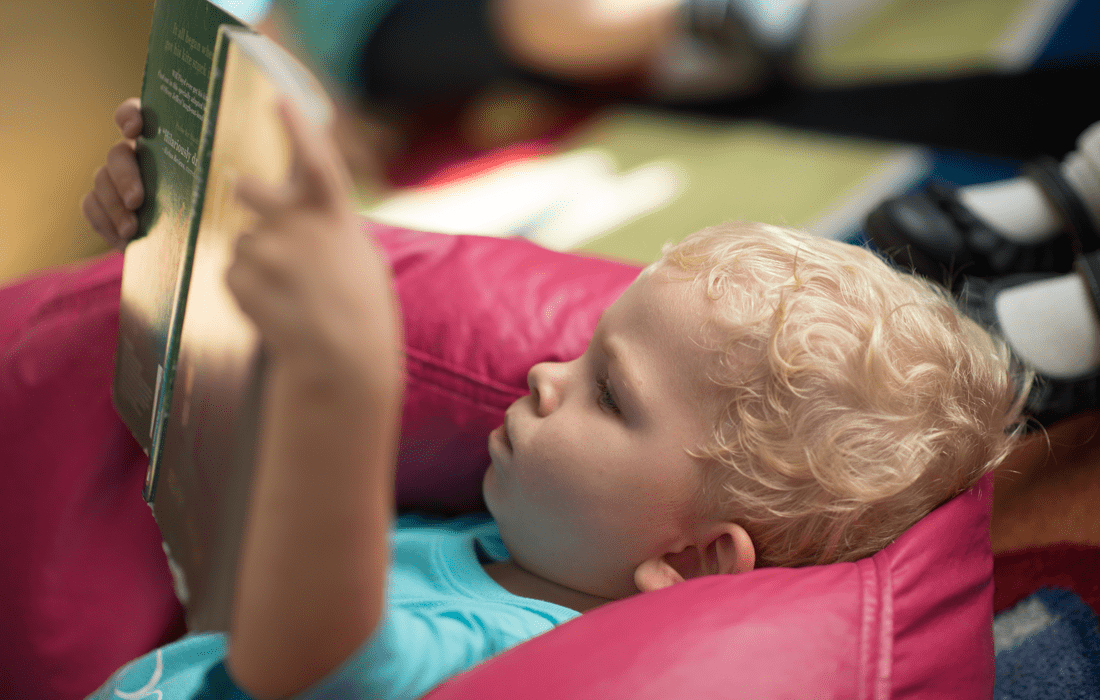
LIBRARY
Students in the ELC visit the library every week and learn to choose books that reflect their passions and interests.



